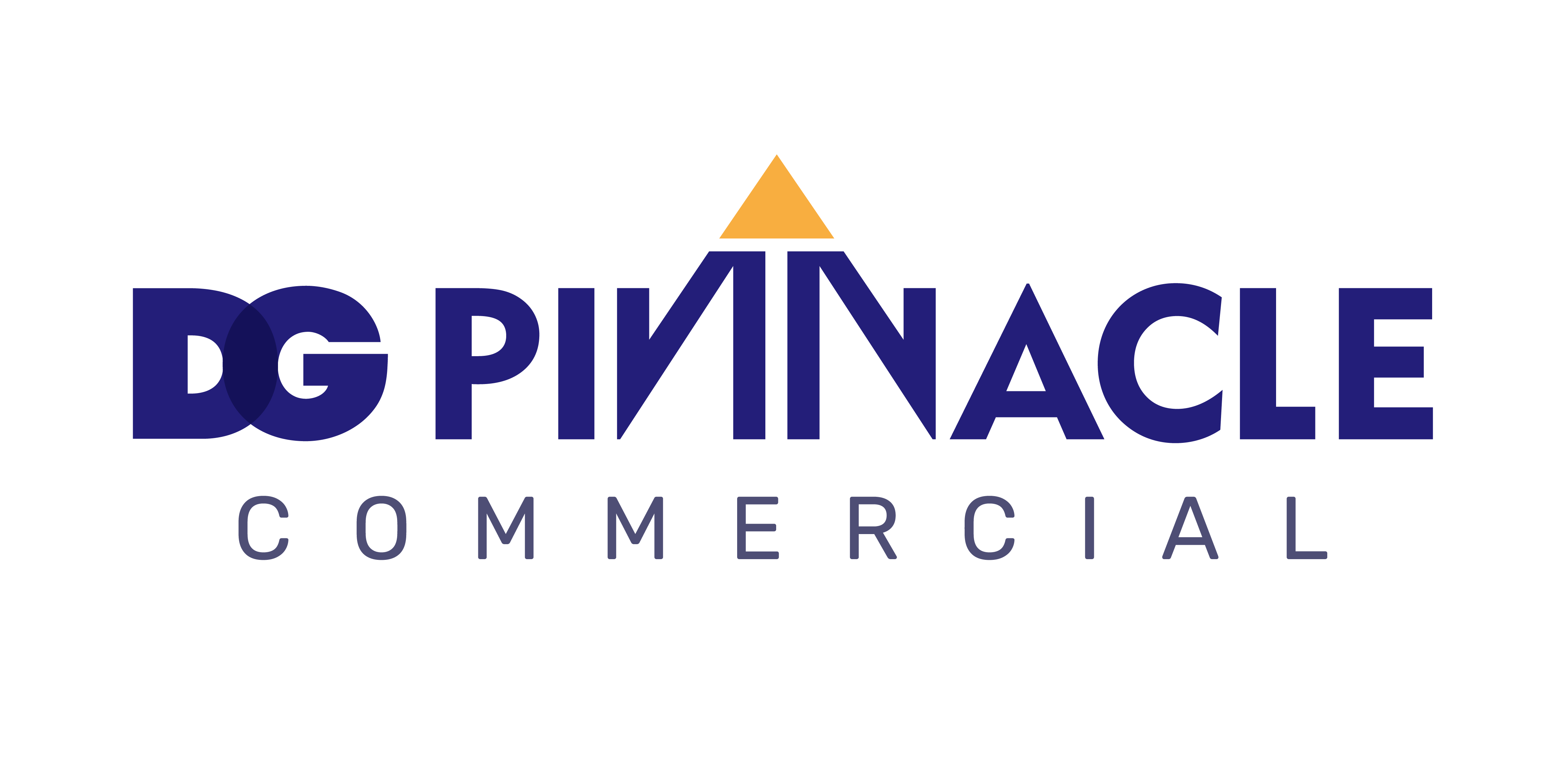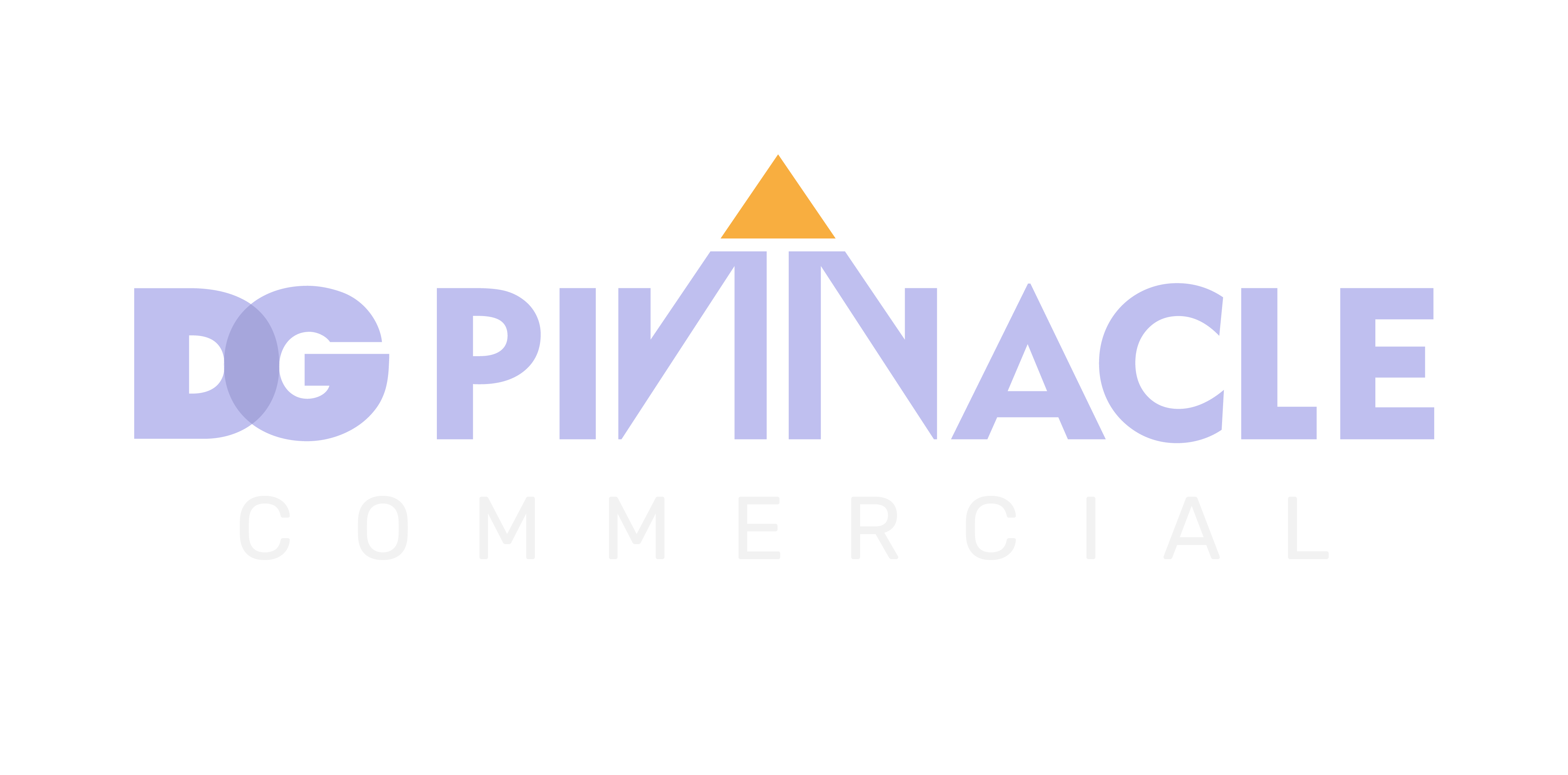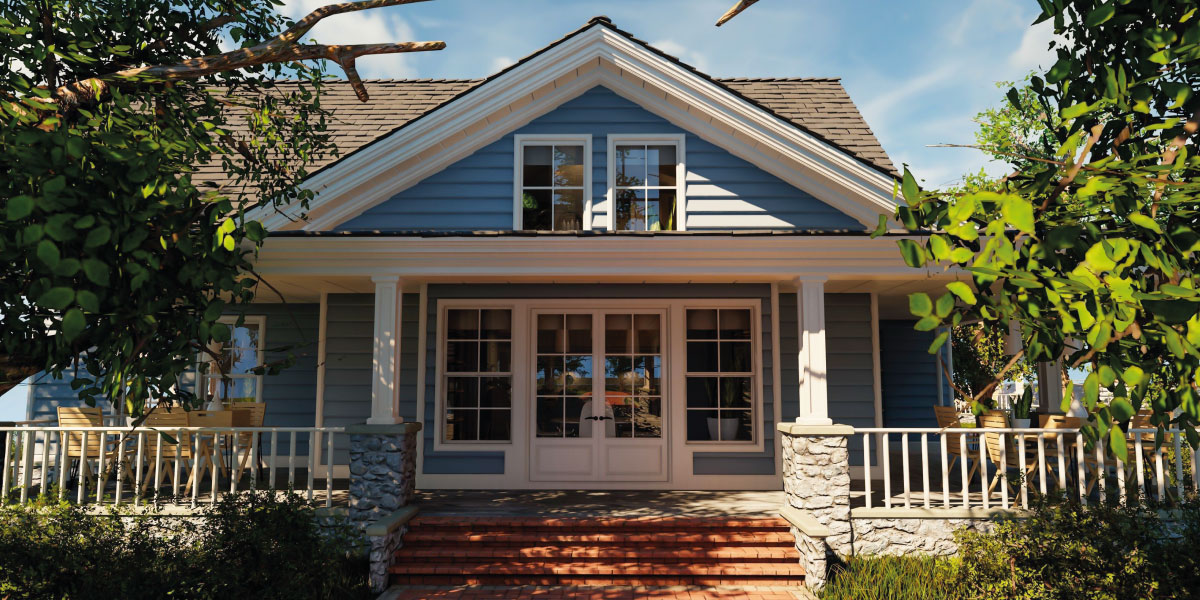Who is eligible for Non-QM Loans?
If your clients don’t meet the tight mortgage loan requirements of the Consumer Financial Protection Bureau (CFPB), they could be candidates for a NON-QM loan, also known as a Non-Qualified Mortgage Loan. These borrowers are those who own rental properties, are self-employed, or do not otherwise qualify for a conventional loan. Self-employed borrowers can also fit into the QM space with DG Pinnacle Commercial.
Borrowers who previously struggled to qualify for a QM loan because of credit concerns (such as bankruptcy, foreclosures, late payments, or other isolated credit issues) or have an unusual source of income may also consider this alternative.
This form of mortgage loan allows your clients to be eligible based on alternate ways as opposed to the usual income verification required for the majority of loans. Because they have more flexible qualifying requirements, NON-QM loans give a wider range of people the chance to invest in real estate.
Non-QM Loans Vs Common Misconceptions
An “agency” mortgage-backed security is a qualified mortgage loan. A Non-Qualified Mortgage Loan, in contrast, is appropriate for borrowers with unique circumstances or those whose salaries fluctuate from month to month. It is referred to as “non-agency” or “private-label.”
Many people experience wage fluctuations, including pensioners, self-employed business owners, and those working in the hospitality industry. By providing dynamic underwriting criteria for responsible borrowers with unique income requirements, NON-QM bridges the gap in this situation.
There is a common misconception that NON-QM loans are “bad loans” in disguise and should not be used. The truth is that these loans are subject to a different set of regulations than QM loans in order to safeguard NON-QM lenders and consumers from high-risk loans. The application process for NON-QM loans is largely similar to that for QM loans, with the exception of the documentation required.

This form of mortgage loan allows your clients to be eligible based on alternate ways as opposed to the usual income verification required for the majority of loans
What Sets a QM Mortgage Apart from a NON-QM Mortgage Loan?
The main distinction between a QM loan (Qualified Mortgage) and a NON-QM mortgage loan is that a QM mortgage loan is more likely to be a conventional loan with government backing.
The greatest option for a real estate entrepreneur wanting to buy an investment property is a NON-QM with a private lender because a conventional loan (QM) is often performed through a bank or traditional financial institution on an owner-occupied property.
For real estate investors, a NON-QM or non-qualified mortgage loan is often a portfolio loan that does not meet the strict government or conventional mortgage criteria.
Why NON-QM Loans are Perfect for a Borrower’s Real Estate Investment?
Contrary to traditional investment property loans, which have a maximum LTV of 70%, a NON-QM Mortgage Program has a maximum LTV of 80%, has no PMI, and has rates as low as 7.46%. As a result, the borrower can make a smaller down payment on their purchase; average loan amounts range from $100,000 to $5,000,000.
YOU MIGHT LIKE THIS: Mortgage Loans For Your Self-Employed Customers
The greatest option for a real estate entrepreneur wanting to buy an investment property is a NON-QM with a private lender

How Does a Real Estate Investor Meet the Requirements of a NON-QM Loan?
NON-QM loans can be a better option for some of your clients if they’re real estate investors with an investment property and require a speedy turnaround without strict rules; these loans are exempt from these rules! The bottom line is that NON-QM lenders, including DG Pinnacle Commercial, can now approve additional sorts of real estate investment transactions more quickly.
To evaluate if a borrower can successfully repay the loan in the future, private lenders who use QM loans must first qualify the borrower’s income, liabilities, and monthly debt payments. Real estate investors must meet the stringent criteria established by the Consumer Financial Protection Bureau in order to be approved for a QM loan. This approval procedure typically takes more than a month to complete and involves borrowers to submit substantial evidence regarding their credit history, income, assets, and monthly debt payments.
Private money and NON-QM lenders are aware that every borrower has a unique situation and that not all borrowers would look like good candidates for a loan to a traditional financial institution (like a bank). The borrower’s job position, income, credit history, and need for liquid assets may be the reason for this restriction; nevertheless, with a non-qualified mortgage, private lenders prioritize a good credit score, investing experience, and liquid assets.
As a result, the lenient requirements of NON-QM loans make them perfect for the following categories of real estate investors:
- Self-Employed Investors: We entirely comprehend how challenging it is to secure stable income, particularly in view of the historic year with COVID-19. Fortunately, NON-QM loans and asset-based loans are our areas of expertise at DG Pinnacle Commercial. We base our loans on the property’s actual value, the borrower’s credit rating, and their available liquid assets.
- Foreign Nationals: Usually, government-backed loans demand a W2 or verification of a US Social Security number (which is a US tax form). NON-QM loans are the best option for foreign nationals who are in the United States on a visa and want to invest because they don’t have these limitations
The Advantages Of Non-QM Loans For Borrowers
NON-QM loans’ main advantage is that they present opportunities to borrowers who would not otherwise be able to qualify for mortgages. Millions of hard-working Americans, especially self-employed folks and small-business owners who have worked hard to succeed but are not eligible for QM loans, can now get the loan funding they need thanks to non-qualified mortgage loans.
The following are some advantages that borrowers receive from DG Pinnacle Comercial NON-QM loans:
- Broader, more flexible underwriting standards
- Being able to close more quickly than a QM loan
- Ideal for 1-4 family investment properties
- Does not demand tax records or proof of income
- Those who are self-employed are the best candidates for NON-QM loans.
KEEP READING: Benefits of Soft Money Loans for Investment Properties

Millions of hard-working Americans, especially self-employed folks and small-business owners who have worked hard to succeed but are not eligible for QM loans
Bottom Line
A NON-QM loan will help certain borrowers who have unusual sources of income or a high DTI get the money they require. Additionally, NON-QM lenders impose requirements for Non-Qualified Mortgage Loan customers and must assess their ability to pay back the loan.
A wide range of potential borrowers would benefit from this kind of mortgage loan, which can be utilized to purchase commercial and investment assets. It is best to get in touch with a licensed loan officer to find out if your clients qualify for a NON-QM loan and decide if this product is ideal.
This article was originally published in www.strattonequities.com





Leave a Reply